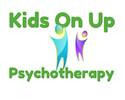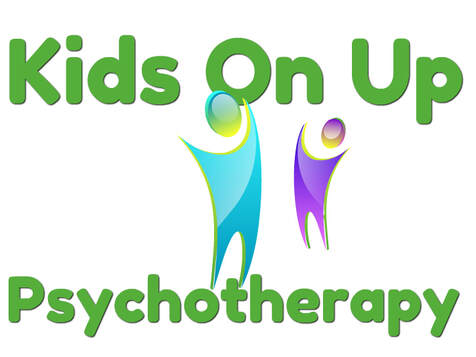The Triangle Area of North Carolina is home to some of the country's premier resources for people with Autism, Attention Deficit Hyperactivity Disorder (ADHD), Learning Disorders, Developmental Disabilities, and their families. The organizations listed here provide both direct service and portals to helpful information elsewhere:
AUTISM
Visit http://www.chartnc.com/ for a wonderfully organized collection of autism-related organizations and information providing therapeutic, recreational, academic, and other services here in NC
The Autism Society of North Carolina offers a broad range of support services to individuals with autism and their families, providing clinical, vocational, community-based, and recreational opportunities, including their very popular Camp Royal.
The University of North Carolina at Chapel Hill is home to the world-renowned TEACCH Autism Center, which provides diagnostic services as well as a wide range of supportive services for individuals with autism across the lifespan.
Among the services offered at the Duke Center for Autism and Brain Development are diagnostic evaluations that come with recommendations to connect families to appropriate clinical services in-house and elsewhere.
ADHD
Check in with the The Learning Center at UNC for information and programs.
The Duke ADHD Clinic provides evaluation and intervention.
LEARNING DISORDERS/EDUCATION
All Kinds of Minds provides information and research for parents and educators.
The Hill Center provides tutoring and part-day school for students with ADHD and learning disorders.
Exceptional Children's Assistance Center (ECAC) provides information and advocacy help for children with disabilities. Their information on IEPs is particularly helpful!
DEVELOPMENTAL DISABILITIES
Carolina Institute for Developmental Disabilities (CIDD) provides diagnostic and clinical services.
The ARC of Orange County, NC, provides support and activities for people with disabilities and their families.
Town of Chapel Hill Parks and Recreation provides adapted recreation and Special Olympics for both residents and non-residents.
AUTISM
Visit http://www.chartnc.com/ for a wonderfully organized collection of autism-related organizations and information providing therapeutic, recreational, academic, and other services here in NC
The Autism Society of North Carolina offers a broad range of support services to individuals with autism and their families, providing clinical, vocational, community-based, and recreational opportunities, including their very popular Camp Royal.
The University of North Carolina at Chapel Hill is home to the world-renowned TEACCH Autism Center, which provides diagnostic services as well as a wide range of supportive services for individuals with autism across the lifespan.
Among the services offered at the Duke Center for Autism and Brain Development are diagnostic evaluations that come with recommendations to connect families to appropriate clinical services in-house and elsewhere.
ADHD
Check in with the The Learning Center at UNC for information and programs.
The Duke ADHD Clinic provides evaluation and intervention.
LEARNING DISORDERS/EDUCATION
All Kinds of Minds provides information and research for parents and educators.
The Hill Center provides tutoring and part-day school for students with ADHD and learning disorders.
Exceptional Children's Assistance Center (ECAC) provides information and advocacy help for children with disabilities. Their information on IEPs is particularly helpful!
DEVELOPMENTAL DISABILITIES
Carolina Institute for Developmental Disabilities (CIDD) provides diagnostic and clinical services.
The ARC of Orange County, NC, provides support and activities for people with disabilities and their families.
Town of Chapel Hill Parks and Recreation provides adapted recreation and Special Olympics for both residents and non-residents.


